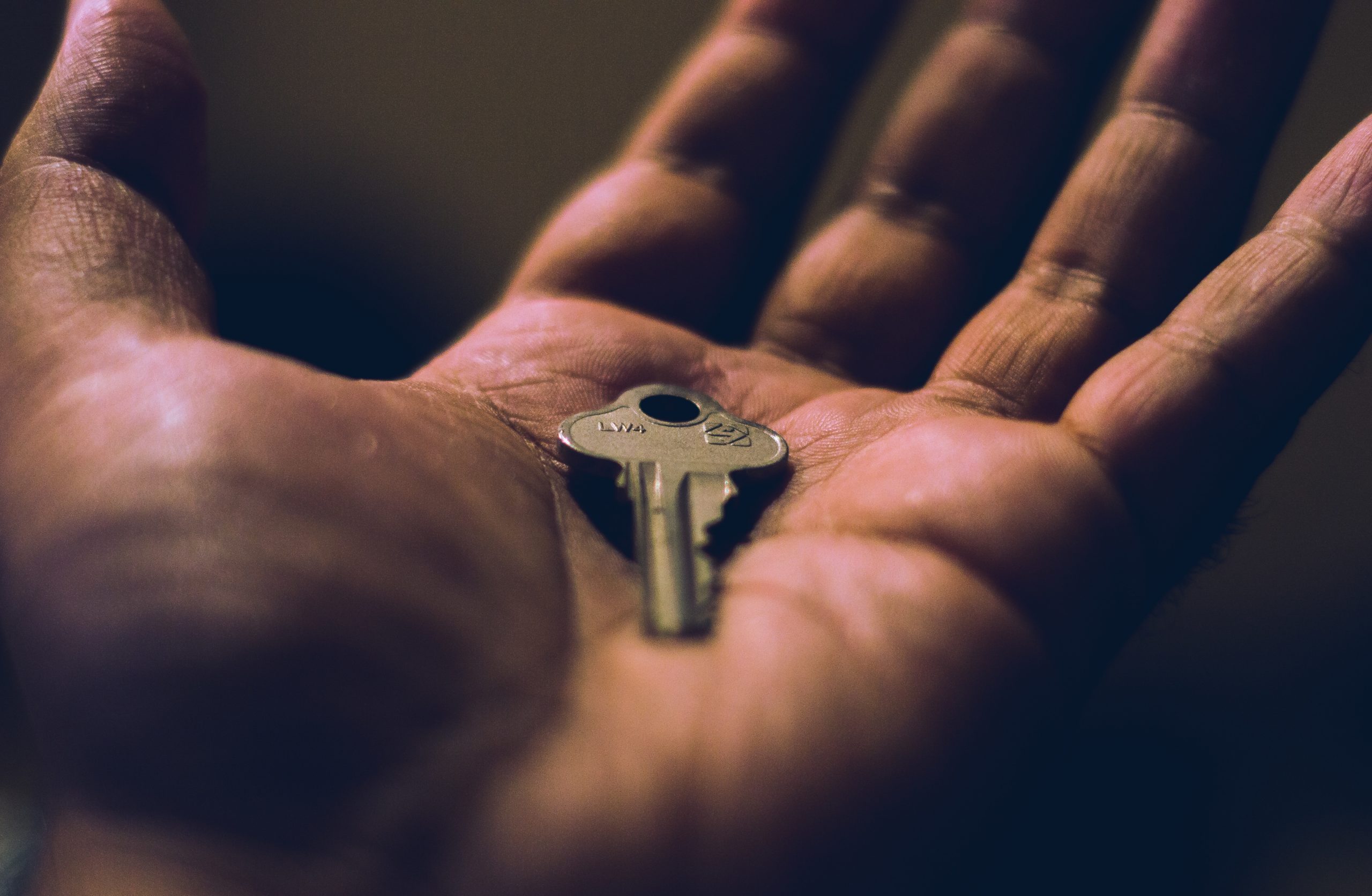


#Privacy pro and cons password#
For example, while a password could be forgotten or stolen, biometrics cannot be lost or easily compromised. Durability: Biometric authentication is much more durable than other forms of identification.In addition, eliminating passwords can save companies time and resources required to reset forgotten passwords as well as reduce the risk of data breaches and the economic consequences. By reducing the need for physical security and personnel to monitor it, they can save on costs associated with having someone physically present to verify a user’s identity. Cost Savings: Organizations can save money by using biometric authentication systems.When users can access resources quickly and easily, their satisfaction and loyalty improve. It is not easily fooled, is widely accepted, and it saves users from having to remember passwords. Improved User Experience: Biometrical authentication offers a fast, secure, easy-to-use experience that users appreciate.The same goes for businesses and organizations. This reduces the time and effort required to log into devices and applications, making it more convenient for legitimate users while also deterring fraudulent activity. Convenience: With biometrical authentication, users can quickly verify their identity with a few clicks or swipes.By using biometrics, organizations can be sure that only authorized individuals are able to access their data and resources. Privacy: Biometric authentication offers a level of privacy that traditional methods such as passwords and key cards do not.The accuracy and convenience of biometrical authentication also make it difficult to bypass, reducing the risk of fraud. So, by confirming an individual’s identity, this technology prevents unauthorized users from accessing confidential information or resources. This is because it is very difficult, if not impossible, for cybercriminals to steal or forge biometric data, which is unique to each of us. Increased Security: Biometric authentication is that it offers more security than a password.This high level of accuracy makes biometric authentication an excellent option for preventing unauthorized access to data. Biometric authentication systems are designed to recognize a person’s physical attributes to verify their identity with greater accuracy than traditional methods such as passwords or key cards could provide. Accuracy: Because biometric data is unique for each person, it makes it easier for companies to accurately identify legitimate users and deny access to unauthorized ones.There are several reasons behind this success, for example: Just to give you an idea, the value of the global biometric technology market in 2020 was about $35,000 million, and forecasts say that by 2030 it will grow at a CAGR of 14.1%. The pros of biometrical authenticationīiometric authentication is becoming increasingly common, even within multifactor authentication methods. However, a very common example we experience every day is when we unlock our smartphones through facial recognition or fingerprint. This data is then compared with the data already in possession to verify or recognize a person’s identity with greater accuracy than traditional methods such as passwords or key cards could provide.īiometric authentication is particularly used in digital onboarding processes, online banking transactions, border control, and premises access control. This identification process relies on examining various parts of the body, such as blood vessels or facial features, to form accurate biometrical data. What is biometrical authentication? Biometric authentication is a method of identification and access control that uses one’s unique physical attributes as proof of identity. In fact, while it can offer greater security, it also comes with potential privacy concerns.
#Privacy pro and cons how to#
How to choose the right biometric authentication systemĪs more and more companies move towards biometrical authentication, it’s important for managers to understand the pros and cons of this technology.


 0 kommentar(er)
0 kommentar(er)
